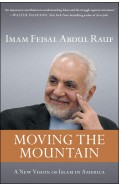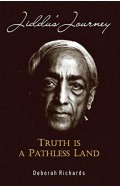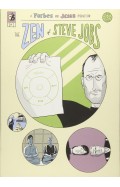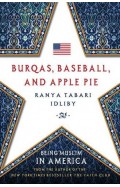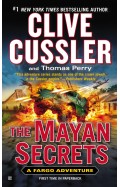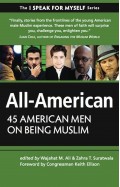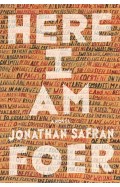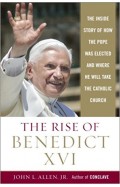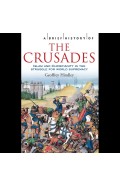- Home
- Books
- Categories
- Non Fiction
- Religion & Spirituality
- The Lost Art of Scripture - Rescuing the Sacred Texts
The Lost Art of Scripture - Rescuing the Sacred Texts
By: Karen Armstrong
-
Rs 3,095.00
Due to constant currency fluctuation, prices are subject to change with or without notice.
'An amazingly wide-ranging book, showing that the world's religious texts can be a force for good today' John Barton, author of A History of the Bible
In our increasingly secular world, holy texts are at best seen as irrelevant, and at worst as an excuse to incite violence, hatred and division. The Quran, the Torah and the Bible are often employed selectively to underwrite arbitrary and subjective views. They are believed to be divinely ordained; they are claimed to contain eternal truths.
But as Karen Armstrong, a world authority on religious affairs, shows in this fascinating journey through millennia of history, this narrow reading of scripture is a relatively recent phenomenon. Armstrong argues that only by rediscovering an open engagement with their holy texts will the world’s religions be able to curtail arrogance and intolerance. And if scripture is used to engage with the world in more meaningful and compassionate ways, we will find that it still has a great deal to teach us.
‘Magisterial… A dazzling accomplishment’ New York Times
‘Glorious… Armstrong is the most articulate and generous-hearted exegete of religion writing in English at the present time’ A.N. Wilson, New Statesman
'An amazingly wide-ranging book, showing that the world's religious texts can be a force for good today' John Barton, author of A History of the Bible
In our increasingly secular world, holy texts are at best seen as irrelevant, and at worst as an excuse to incite violence, hatred and division. The Quran, the Torah and the Bible are often employed selectively to underwrite arbitrary and subjective views. They are believed to be divinely ordained; they are claimed to contain eternal truths.
But as Karen Armstrong, a world authority on religious affairs, shows in this fascinating journey through millennia of history, this narrow reading of scripture is a relatively recent phenomenon. Armstrong argues that only by rediscovering an open engagement with their holy texts will the world’s religions be able to curtail arrogance and intolerance. And if scripture is used to engage with the world in more meaningful and compassionate ways, we will find that it still has a great deal to teach us.
‘Magisterial… A dazzling accomplishment’ New York Times
‘Glorious… Armstrong is the most articulate and generous-hearted exegete of religion writing in English at the present time’ A.N. Wilson, New Statesman
Holy War The Crusades And Their Impact On Todays World
By: Karen Armstrong
Rs 4,295.00 Ex Tax :Rs 4,295.00
History of God The 4000 Year Quest of Judaism, Christianity and Islam
By: Karen Armstrong
Rs 3,295.00 Ex Tax :Rs 3,295.00
Fields of Blood Religion and the History of Violence
By: Karen Armstrong
Rs 895.00 Ex Tax :Rs 895.00
Fields of Blood: Religion and the History of Violence
By: Karen Armstrong
Rs 1,795.00 Ex Tax :Rs 1,795.00
Zubin Mehta: A Musical Journey (An Authorized Biography)
By: VOID - Bakhtiar K. Dadabhoy
Rs 840.00 Rs 1,050.00 Ex Tax :Rs 840.00
Moving the MountainBeyond Ground Zero to a New Vision of Islam in America
By: Imam Feisal Abdul Rauf
Rs 1,836.00 Rs 2,295.00 Ex Tax :Rs 1,836.00
Burqas Baseball and Apple Pie: Being Muslim in America
By: Ranya Tabari Idliby
Rs 2,156.00 Rs 2,695.00 Ex Tax :Rs 2,156.00
All-American: 45 American Men on Being Muslim (I SPEAK FOR MYSELF)
By: Wajahat Ali
Rs 1,276.00 Rs 1,595.00 Ex Tax :Rs 1,276.00
The Rise of Benedict XVI: The Inside Story of How the Pope Was Elected and Where He Will Take the Catholic Church
By: John L. Allen Jr.
Rs 792.00 Rs 990.00 Ex Tax :Rs 792.00
No similar books from this author available at the moment.
No recently viewed books available at the moment.
Zubin Mehta: A Musical Journey (An Authorized Biography)
By: VOID - Bakhtiar K. Dadabhoy
Rs 840.00 Rs 1,050.00 Ex Tax :Rs 840.00
Holy War The Crusades And Their Impact On Todays World
By: Karen Armstrong
Rs 4,295.00 Ex Tax :Rs 4,295.00
History of God The 4000 Year Quest of Judaism, Christianity and Islam
By: Karen Armstrong
Rs 3,295.00 Ex Tax :Rs 3,295.00
Fields of Blood Religion and the History of Violence
By: Karen Armstrong
Rs 895.00 Ex Tax :Rs 895.00
Fields of Blood: Religion and the History of Violence
By: Karen Armstrong
Rs 1,795.00 Ex Tax :Rs 1,795.00












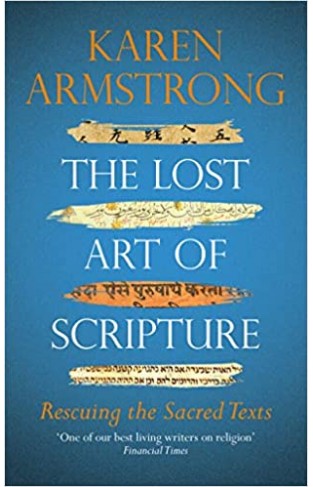
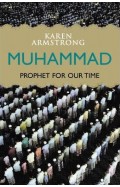

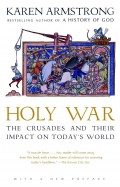
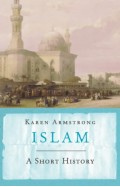
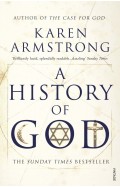
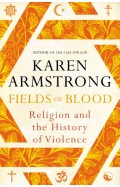
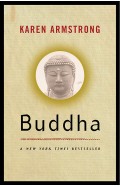
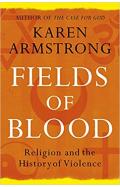
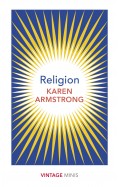
-120x187.jpg?q6)





